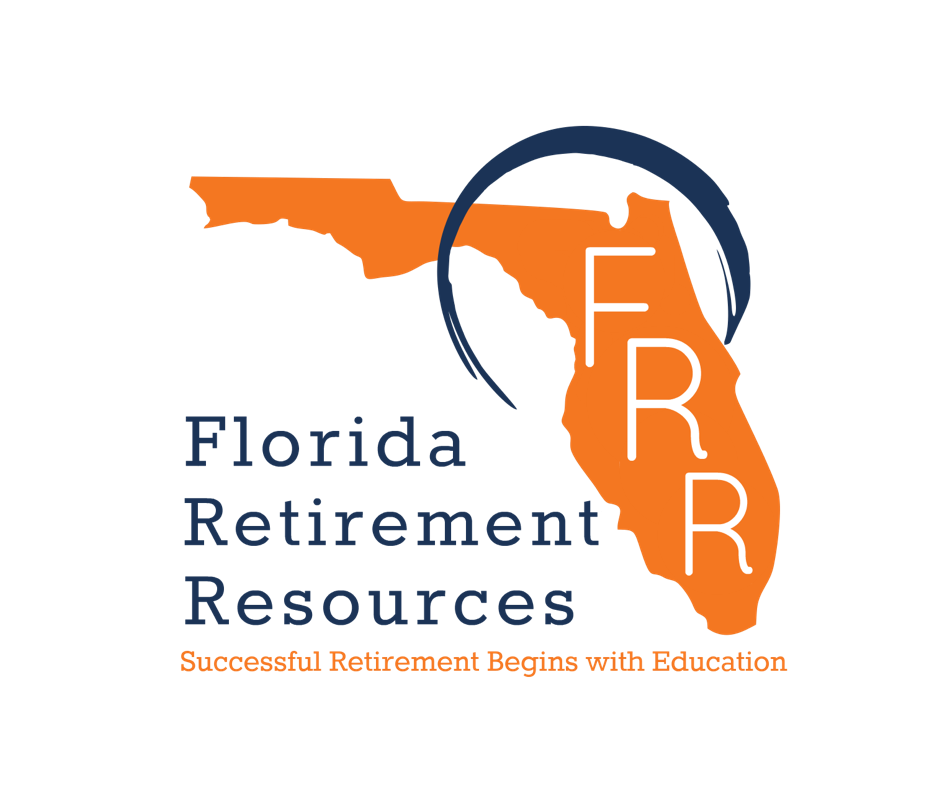For members of the Florida Retirement System (FRS), planning for the future includes more than just...
Estate Planning for FRS Members
Retirement planning involves more than managing income and investments—it also includes planning for how your assets will be handled after your passing. For members of the Florida Retirement System (FRS), incorporating estate planning into your overall retirement strategy can provide clarity for your intended beneficiaries and help provide consistency across financial documents.
Whether you participate in the Pension Plan, Investment Plan, or the Deferred Retirement Option Program (DROP), your retirement benefits are a significant part of your financial picture and may impact your estate planning decisions.
1. Reviewing and Coordinating Beneficiary Designations
Designating beneficiaries for your FRS accounts is a necessary step in directing to whom you want your assets to be given to upon your passing.
-
Pension Plan members select a retirement option at the time of retirement that affects how benefits continue, if at all, after death. For instance, some options provide benefits only for 10 years, while others allow for reduced benefits that continue to a designated beneficiary after the passing of the FRS member.
-
Investment Plan members typically assign beneficiaries themselves and can make continuous changes to who they have listed as their beneficiaries. These accounts may pass directly to named individuals and are often handled outside of a will or probate process which can otherwise sometimes be a time consuming and expensive process for the beneficiaries of the FRS member's estate.
-
DROP participants should be cognizant that their DROP account beneficiary designations are current and aligned with their overall estate planning documents.
Suggested action: Periodically review beneficiary designations and consider updating them after life changes such as marriage, divorce, or the loss of a family member.
2. Aligning FRS Accounts with Your Broader Estate Plan
Wills and trusts may not automatically control retirement assets that pass by beneficiary designation. It’s important to coordinate these elements to reduce confusion for your heirs. Working with an experienced estate planning attorney to help coordinate this can be an important step of the estate planning process.
-
A revocable trust can serve as part of an estate plan, and some individuals choose to name a trust as the beneficiary of certain retirement assets. If this is part of your plan, it's important that the trust meets applicable requirements to avoid potential tax or legal complications.
Suggested action: Work with your estate planning attorney to review retirement accounts and trust documents are consistent with your goals.
3. Planning for Spousal or Dependent Support
Some FRS members may want to consider how a surviving spouse or dependent might be affected financially. This could involve choosing certain pension options or considering the role of life insurance in supporting family members after death.
-
Certain Pension Plan options provide for ongoing benefits to a spouse or beneficiary, often with a reduced monthly payment during the retiree’s lifetime.
-
Life insurance, where appropriate, may be used to provide additional flexibility or support.
Suggested action: Evaluate potential scenarios with a financial professional to determine what structure aligns with your family’s needs.
4. Avoiding Common Coordination Issues
Estate planning for FRS members may involve complexities that can be addressed through regular reviews and collaboration with qualified professionals.
Some items to monitor include:
-
Outdated or inconsistent beneficiary designations
-
Lack of coordination between retirement accounts and estate documents
-
Potential tax implications for non-spouse beneficiaries
-
Lack of access to digital login credentials or account details for heirs or executors
Suggested action: Consider a comprehensive review of your retirement and estate planning documents every few years, or when significant life events occur.
Conclusion
Estate planning is an important component of managing retirement benefits under the Florida Retirement System. Thoughtfully coordinating your FRS accounts, beneficiary designations, and legal documents may help simplify matters for your heirs and support your intentions. If you are considering a review of your plan, consulting with professionals familiar with FRS can provide additional insight.




